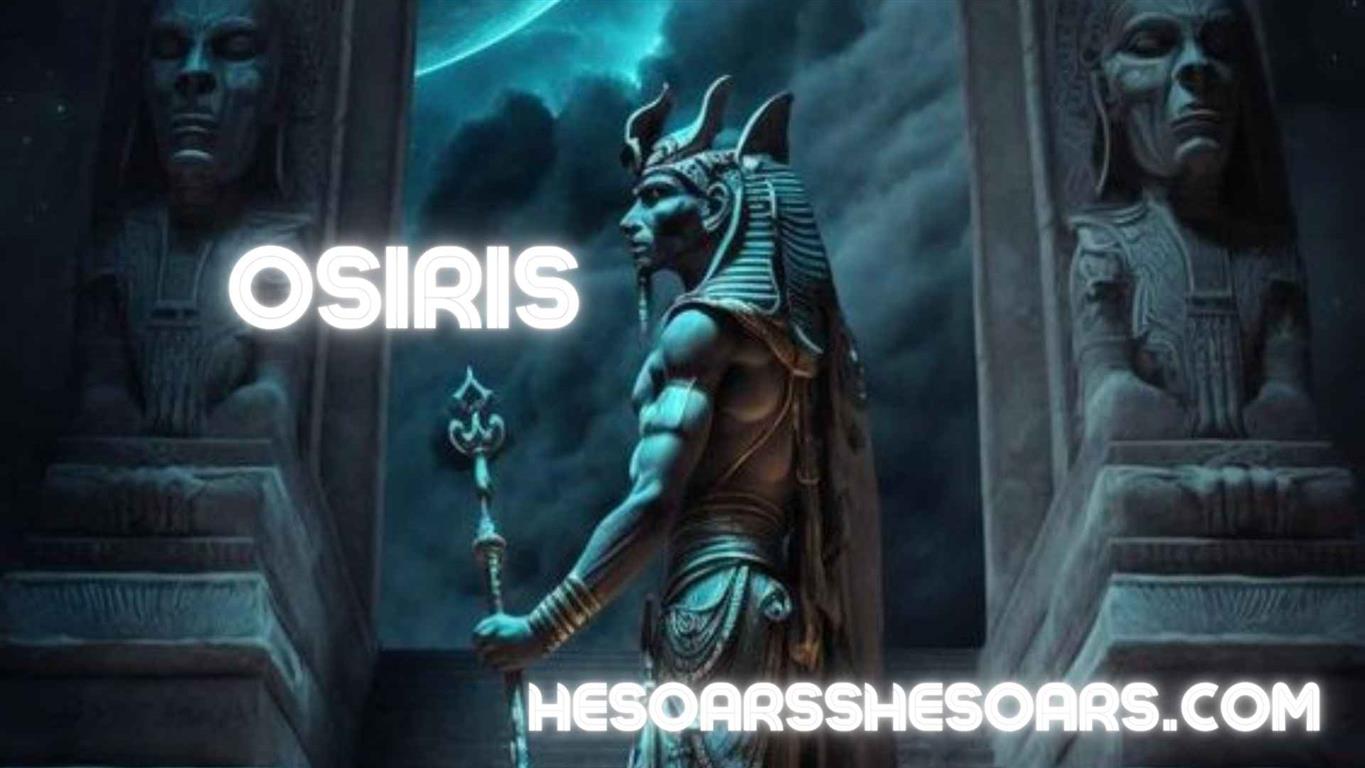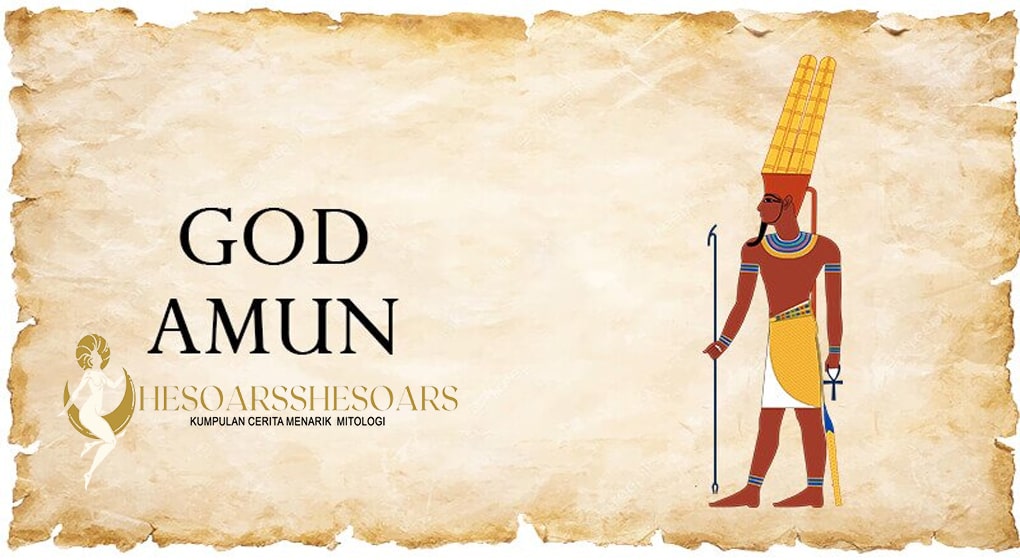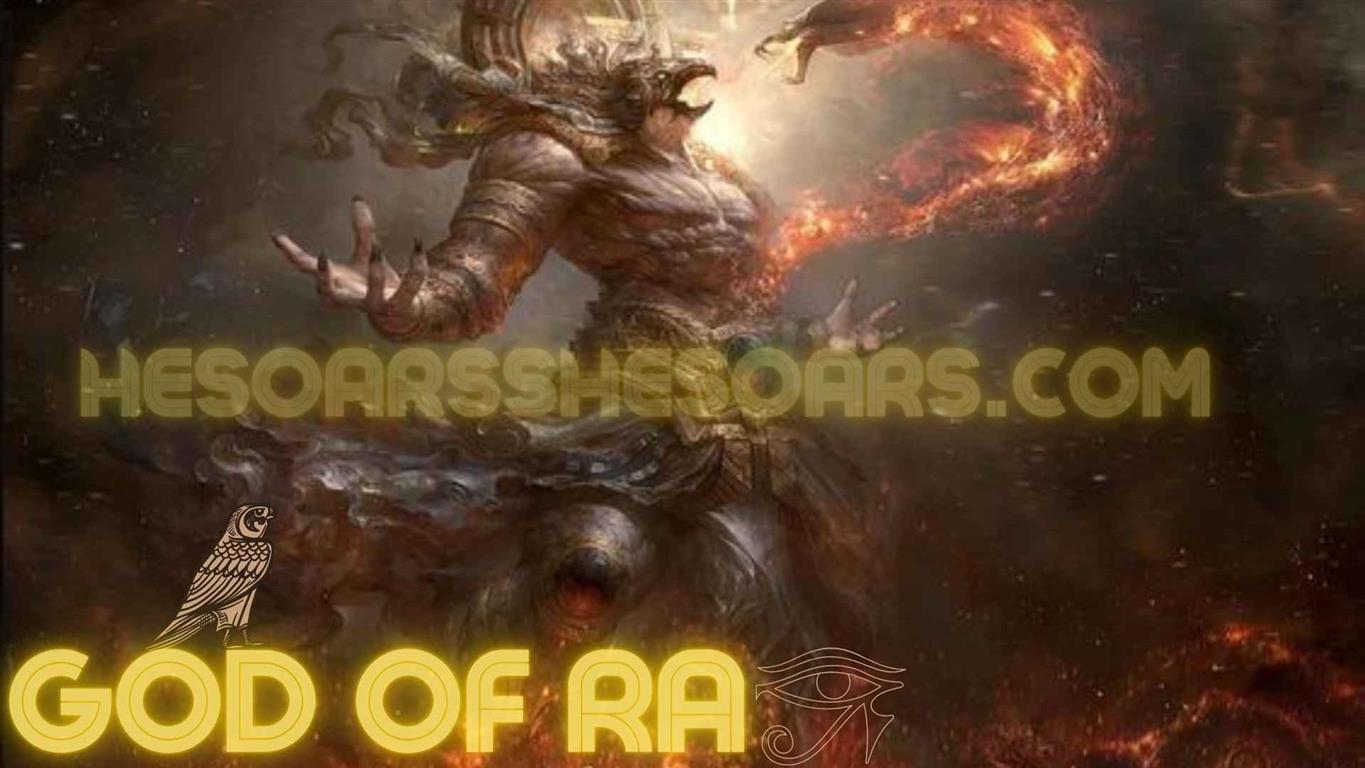Introduction
Osiris is one of the most compelling and enigmatic deities in ancient Egyptian mythology, representing the complexities of life, death, and the concept of eternal life. As the god of the afterlife, resurrection, and fertility, he holds a unique position in the pantheon of Egyptian gods and goddesses. This article delves into the myth, symbols, and influence of Osiris, both within ancient Egyptian culture and beyond.
Who is Osiris?
Osiris is often depicted as a green-skinned man mummified from the chest down, holding a crook and flail, and wearing a white feathered crown known as the Atef. He is the son of Geb, the Earth god, and Nut, the sky goddess. He is also the brother and husband of Isis, and father to Horus, another significant deity in Egyptian mythology.
The Osiris Myth
The story of this god is a tale filled with betrayal, love, and the triumph of good over evil. Osiris was initially the king of Egypt and was beloved by his people. However, his younger brother Set, driven by jealousy, plotted to kill him. Set tricked Osiris into lying in a wooden coffin, which he then sealed and threw into the Nile. Osiris died, and his body eventually came to rest in a tamarisk tree that grew around the coffin.
Isis, his wife, discovered the body and tried to revive him. Though she succeeded temporarily, Set found them and, enraged, dismembered Osiris’s body into fourteen pieces and scattered them across Egypt. Isis tirelessly searched for the body parts, eventually reassembling thirteen pieces. With the magic of Thoth and Anubis, she resurrected Osiris long enough for them to conceive their son, Horus. After this, Osiris became the eternal ruler of the Underworld.
Symbolism and Influence
Resurrection and Afterlife
Osiris’s resurrection story made him the symbol of eternal life and the cycle of death and rebirth. He presides over the judgment of souls in the afterlife, weighing their hearts against the feather of Ma’at, the goddess of truth.
Agriculture and Fertility
The cycle of Osiris’s death and resurrection was also allegorically related to the annual Nile flood and the growth of crops, symbolizing fertility and abundance.
Unity and Kingship
The character of this god embodies unity and moral integrity. His rule on Earth is considered the ideal against which all pharaohs were measured. His son Horus was seen as a continuation of his reign, signifying the legitimacy and divine endorsement of the line of pharaohs.
Osiris in Religious Practices
Temples dedicated to Osiris could be found throughout Egypt. The most notable one is located in Abydos, where an annual festival, known as the “Feast of Osiris,” was held. It involved a ritualistic reenactment of the this god myth and was an occasion for communal mourning and later, jubilation.
Osiris in Modern Culture
The myth of this god has transcended its cultural roots to become a subject of interest in modern literature, psychology, and comparative egypt mythology. For example, psychologist Carl Jung interpreted the story as an archetype of regeneration and individuation. In popular media, elements of the Osiris myth often appear in stories that involve themes of resurrection and eternal life.
Criticisms and Interpretations
While the myth is one of the most enduring tales of Egyptian mythology, it has also come under scrutiny for its intricate web of familial relationships and its potential implications about the views on death and the afterlife in ancient Egyptian society. Nonetheless, its symbolic richness provides ample ground for various interpretations, both scholarly and theological.
Conclusion Osiris
The figure of Osiris is not just a relic of ancient Egyptian mythology, but a representation of the universal themes of life, death, and rebirth that are still relevant today. As the god of the afterlife and resurrection, Osiris has served as an enduring symbol of hope, moral righteousness, and the eternal cycle of life. Whether you look at him through the lens of religion, culture, or psychology, Osiris remains a complex and captivating deity that continues to fascinate people across time and cultures.




